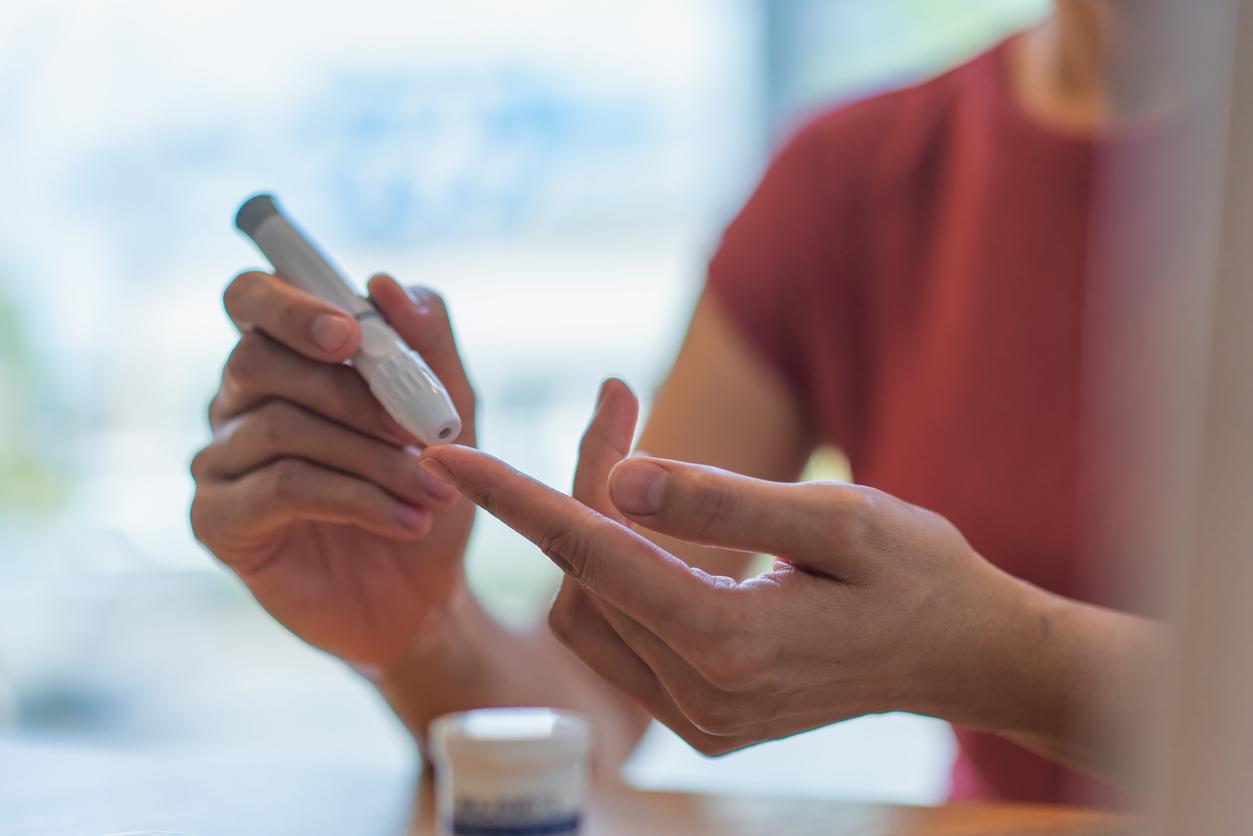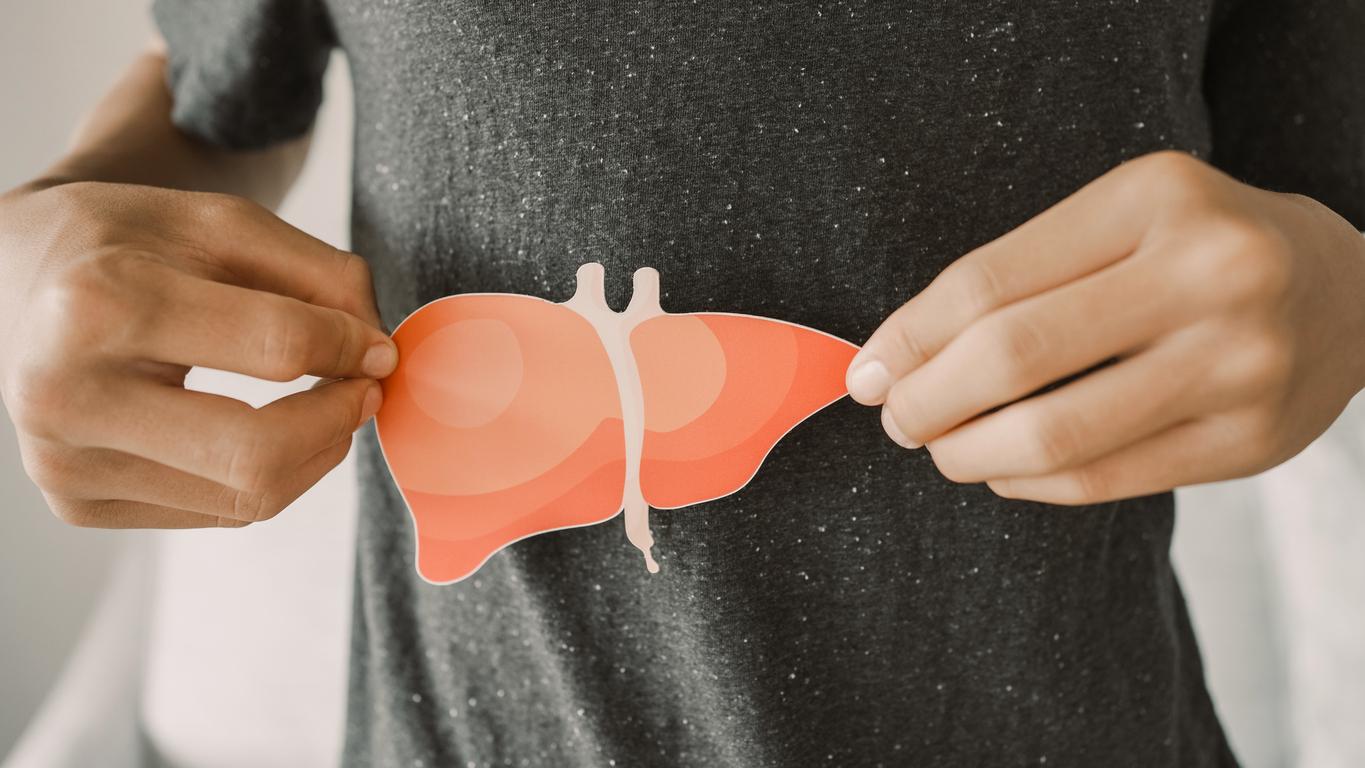To allow early detection and reach vulnerable populations, the Haute Autorité de Santé is in favor of rapid diagnostic-oriented tests (TROD).

In France, more than 230,000 people suffer from hepatitis C (HCV) and more than half do not know it. For several weeks, the Agency for Research on AIDS and Viral Hepatitis (ANRS) and the French Association for the Study of the Liver (AFEF) have been calling for the establishment of rapid diagnostic-oriented tests (TROD) to allow screening rapid disease (1). In a press release, the Haute Autorité de Santé (HAS) is in favor of TRODs and the implementation of these rapid tests.
Allow people who are far away to be tested
When treated early, hepatitis can be controlled quickly, reducing the risk of complications and contamination. But in France, the screening activity is insufficient. One in two patients does not know that he is a carrier of the virus.
To put an end to this situation, the HAS says it is in favor of TRODs, which can make it possible to test people isolated from the health system or who hesitate to take the screening stage. Drug addicts, the homeless and the vulnerable will have a quick way to find out if they have HCV. If they go to the hospital, “they will be able to be convinced by a feasible screening immediately and with the result available quickly”, says the High Authority of Health.
Not a test of substitutions
In its press release, the HAS insists that, despite its performance, the TROD does not become the only test to detect the disease. Any positive result must be confirmed by the Elisa reference test. Strict supervision would also make it possible “to guarantee access to appropriate treatment, the management of possible co-morbidities and to promote the adoption of preventive behaviors to limit the transmission of HCV to others” according to the High Authority of Health.
Effective drugs
Allowing early detection of the disease is important. In fact, viral hepatitis is on the decline and is being treated better and better. A report, coordinated by Prof. Daniel Dhumeaux, underlines the striking progress of the molecules available. They have achieved such efficiency that the cure rate for hepatitis C virus infections reaches 90%. The treatment is short (3 months) and accompanied by few side effects
(1) TRODs work from a drop of blood taken by micropuncture of the finger (or from a saliva sample) and brought into contact with reactive solutions in order to establish the presence of or not. antibodies to HCV..
.

















